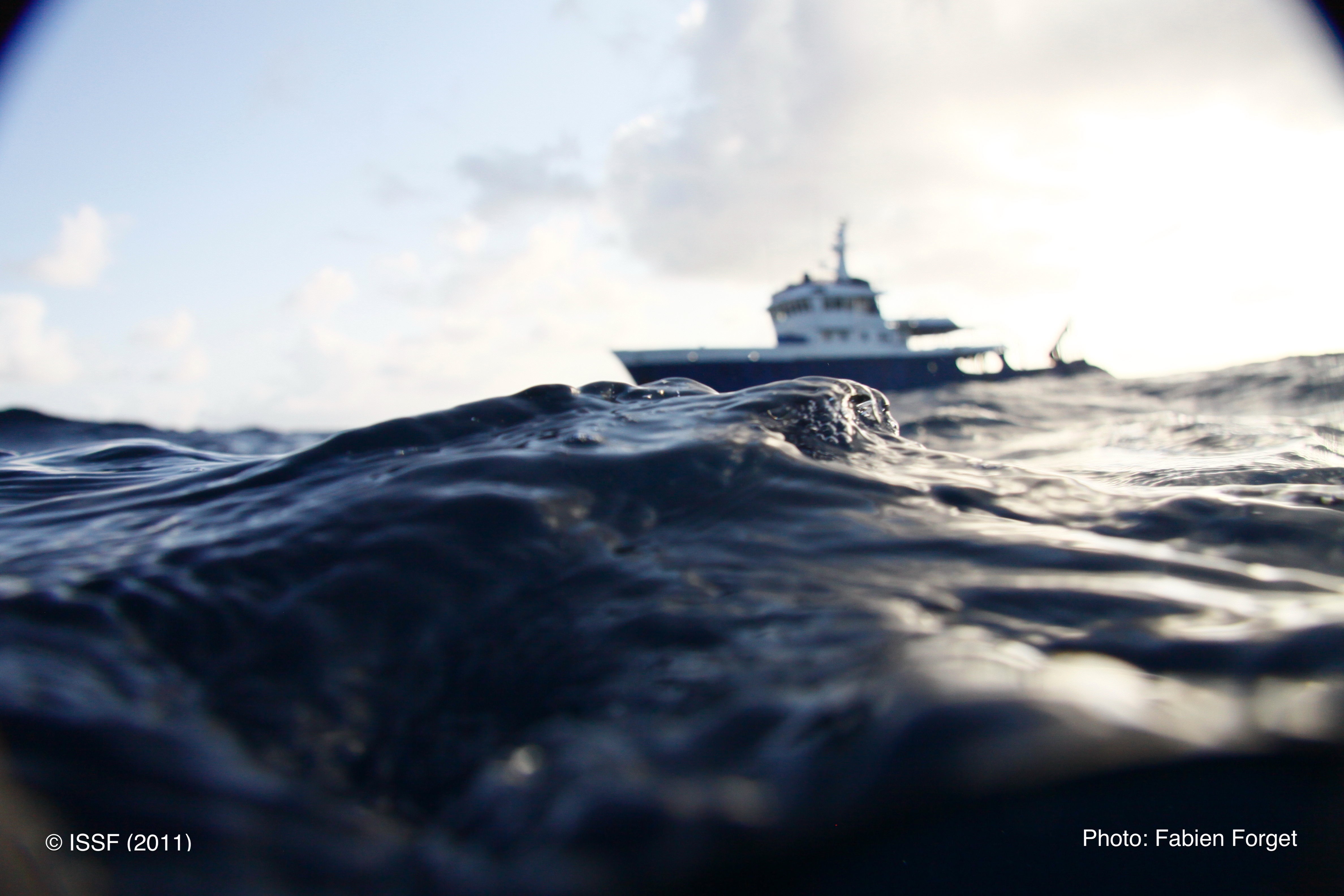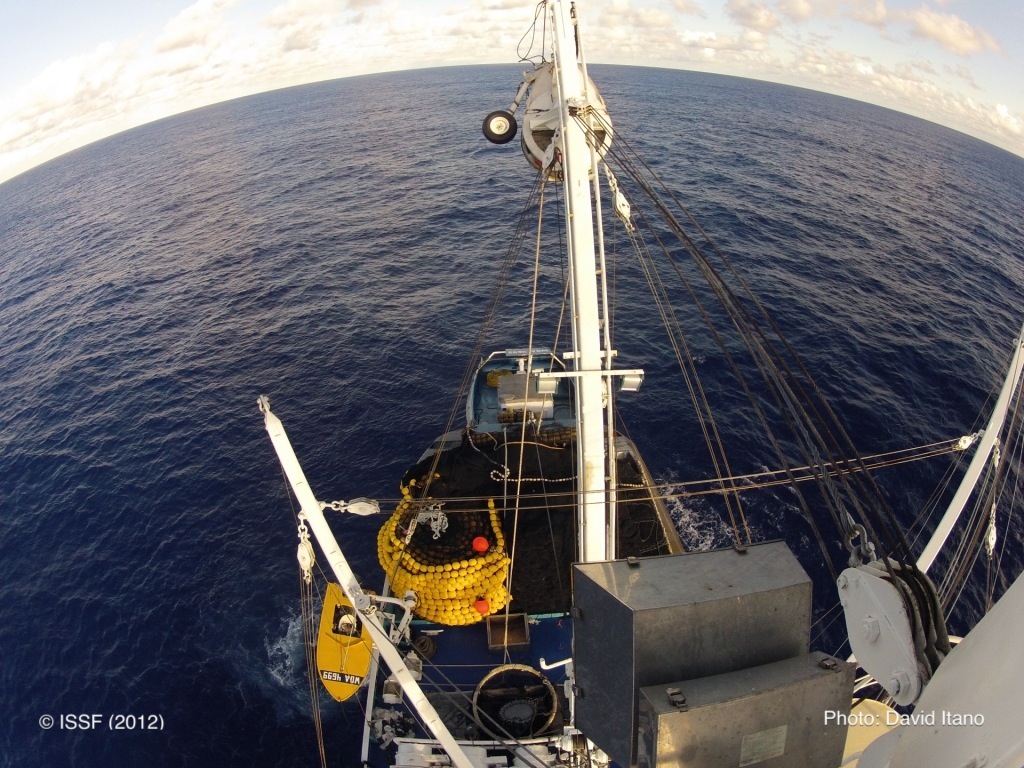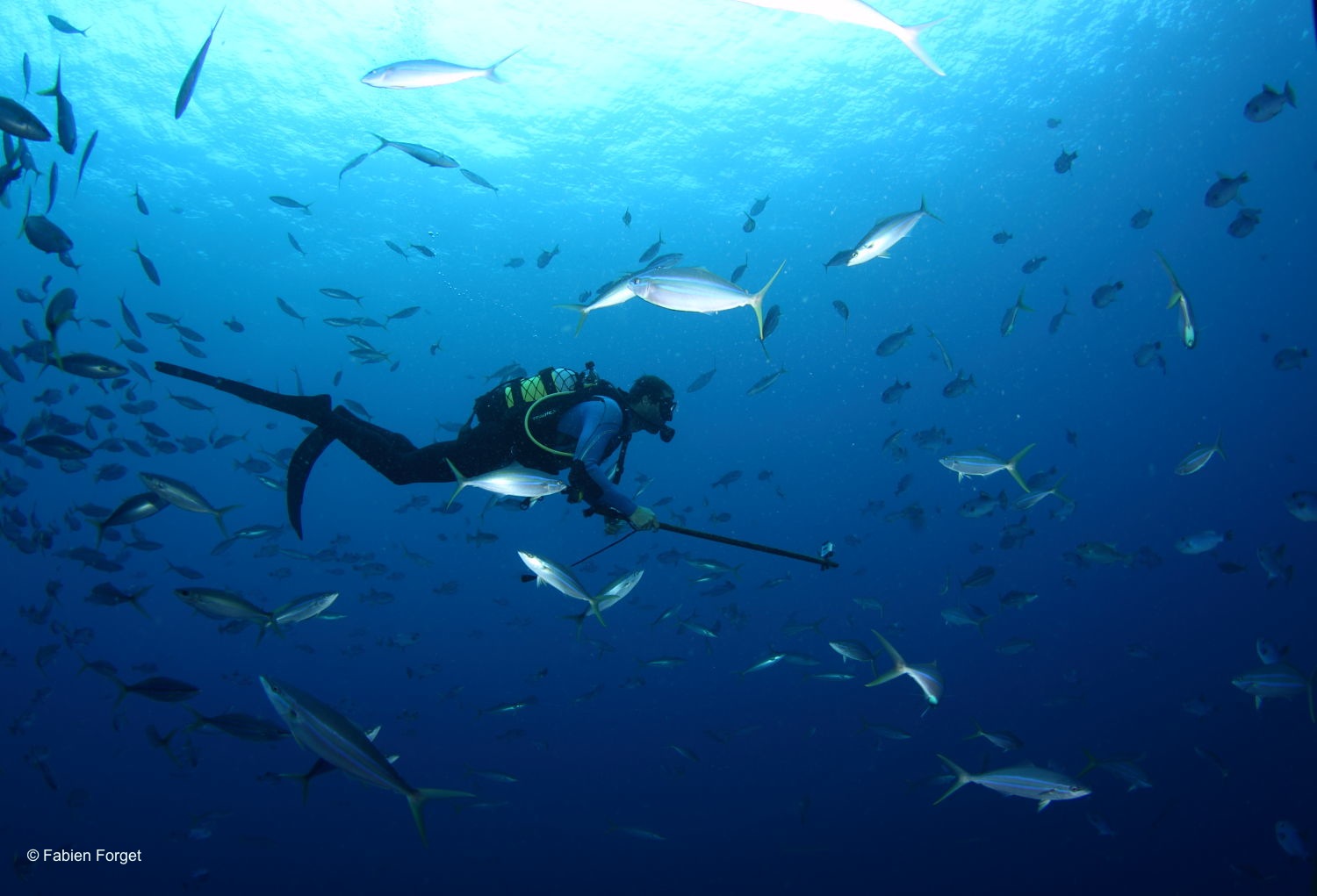BLOG: Priorities for Pacific Tuna Fisheries | Managers Must Boost Monitoring and Stock Sustainability
Featured Content
At Annual WCPFC Meeting, Pacific Fisheries Managers Must Boost Monitoring and Stock Sustainability
The tuna fisheries in the western and central Pacific Ocean (WCPO) are the largest and most valuable in the world. The region produces 51 percent of the global tuna catch, and the Western and Central Pacific Fisheries Commission (WCPFC) is the regional fisheries management organization (RFMO) responsible for managing these expansive ocean waters.
WCPFC is charged with ensuring the sustainability of highly migratory fish stocks, including tunas and sharks, across a vast area of ocean — a challenging task given the large number and types of vessels engaging in tuna fishing and the prevalence of at-sea transshipment activities in the region.
At WCPFC’s November 28–December 3 annual meeting in Fiji, members must improve their control over these fisheries by strengthening vessel oversight and improving tuna conservation measures for long-term sustainability. ISSF urges members to take the following priority actions…
Featured Resources
ISSF investigates and promotes science-based approaches for ensuring the long-term sustainability of global tuna stocks and the marine ecosystem. The ISSF team works collaboratively with peer scientists, academics, environmental experts, governing bodies, and other stakeholders on issues where we can advance our understanding about sustainable fishing — and make a positive impact.
We publish reports, develop resources, and host events that support fishery health in key areas: tuna conservation, fish aggregating device (FAD) management, marine ecosystem health, bycatch reduction, capacity management, and illegal fishing prevention.
In addition to sharing research findings and analysis in ISSF reports, our scientists and advocacy experts co-author peer-reviewed articles in leading journals.
See a list of peer-reviewed articles co-authored by our Staff, Scientific Advisory Committee (SAC) members, or other scientists whose projects were partially or fully funded by ISSF.
Additionally, ISSF scientists, collaborating researchers, and members of the ISSF SAC submit papers to tuna Regional Fisheries Management Organizations (RFMOs) on a variety of topics.
ICYMI
A Global View of Influence for Sustainable Fishing Policies
Beginning with a network of 23 leading seafood companies and extending to Marine Stewardship Council (MSC)-certified tuna fisheries and tuna fishery improvement projects (FIPs) — including stakeholders that ISSF technical experts engage with — ISSF’s advocacy partnerships have a broad global reach and impact. A new Web feature visualizes that “influence network” in four major tuna fishing regions.



